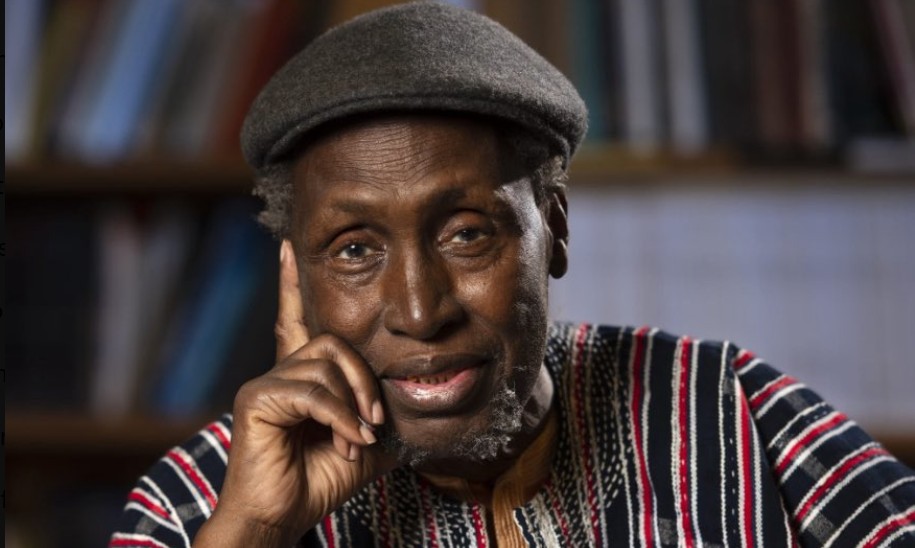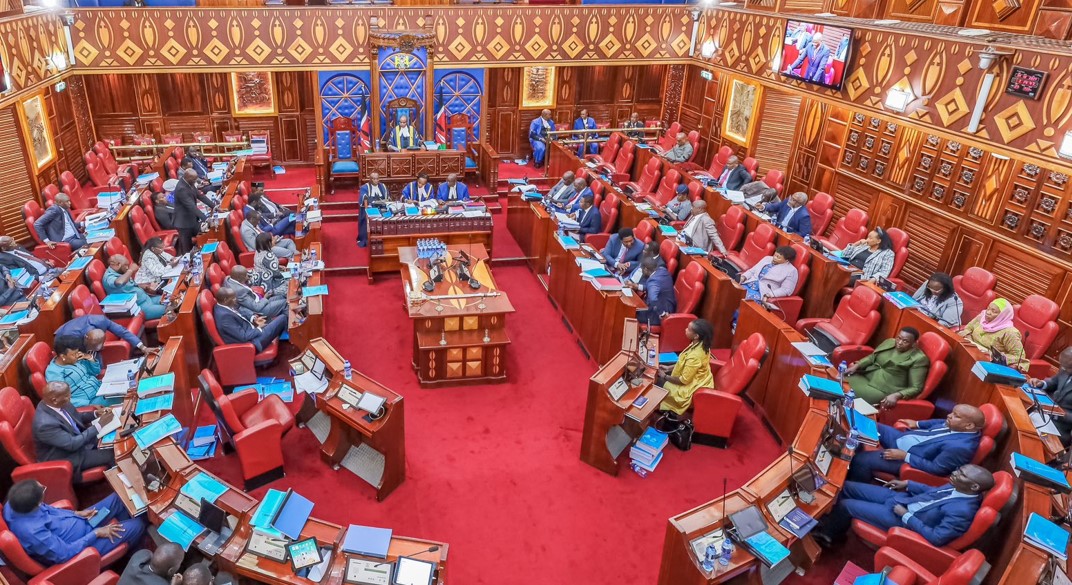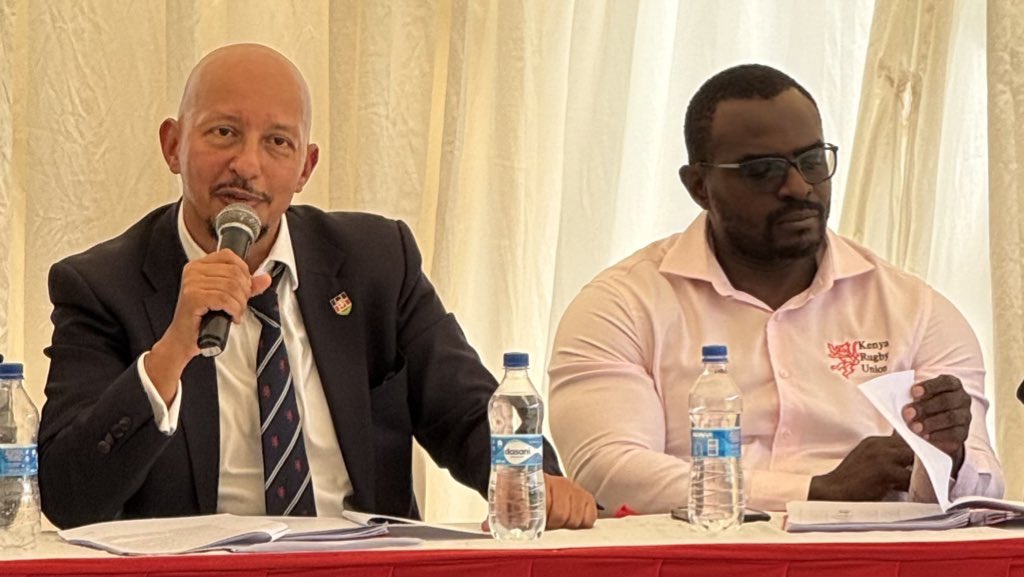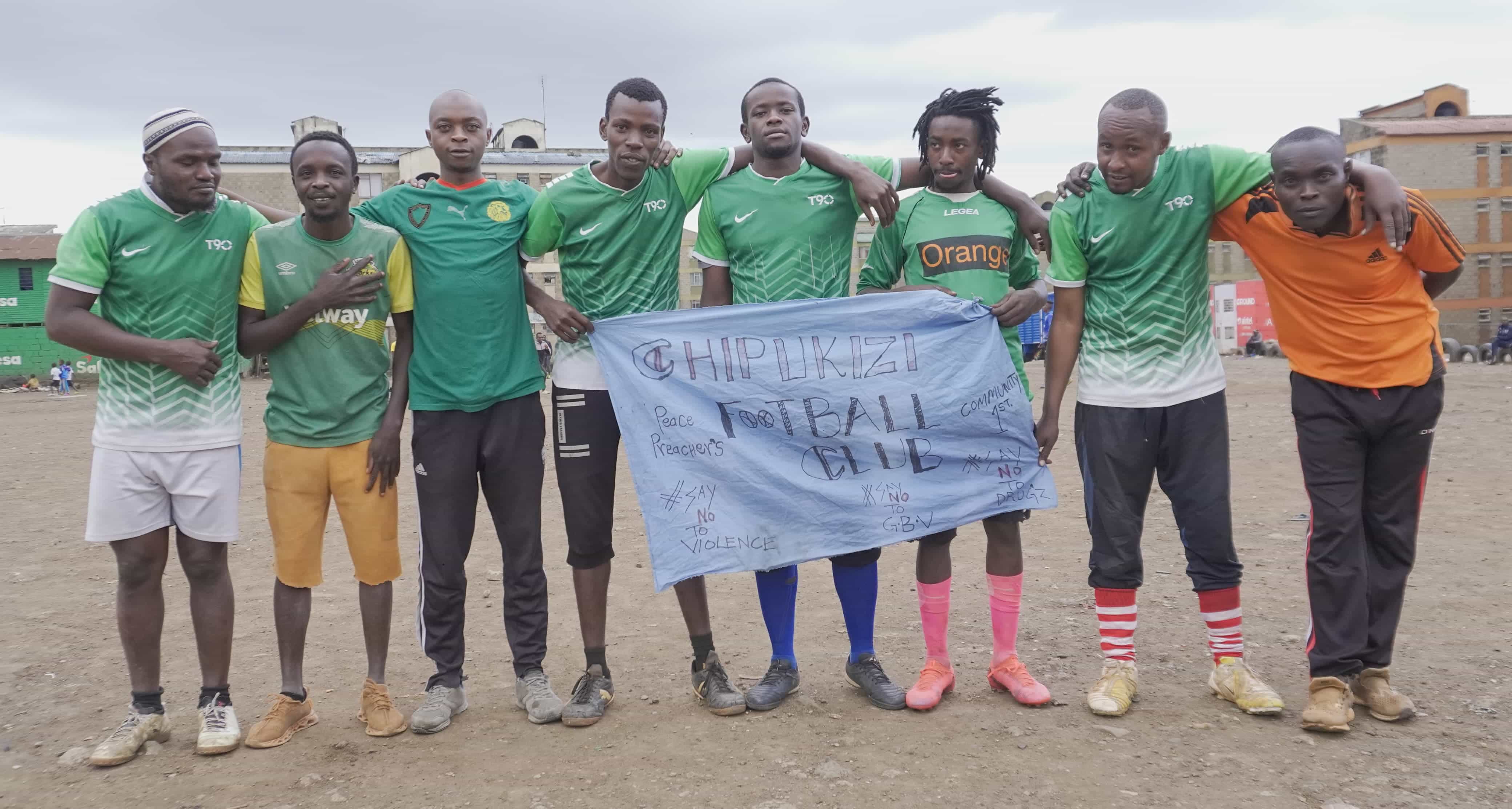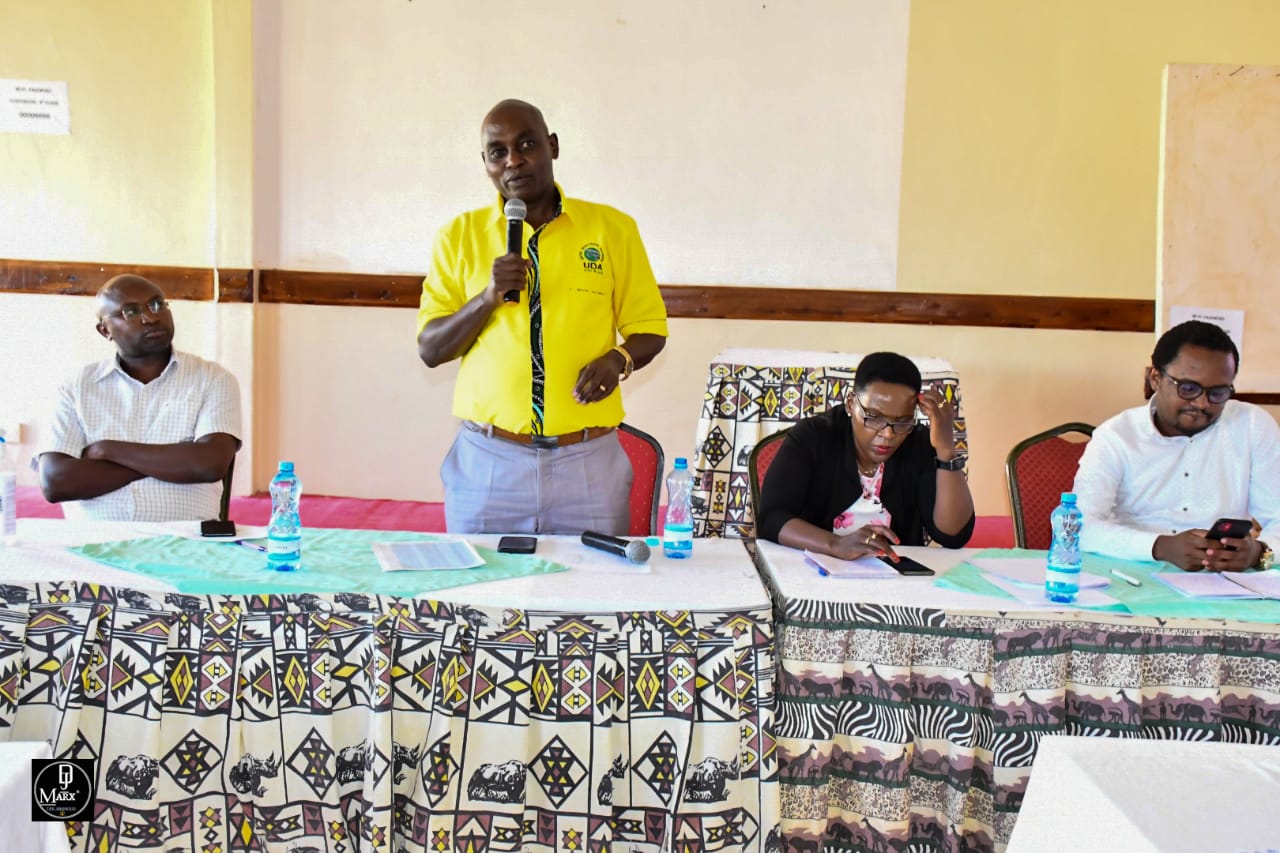Literary icon and revolutionary Ngũgĩ wa Thiong’o dies at 87 in Atlanta
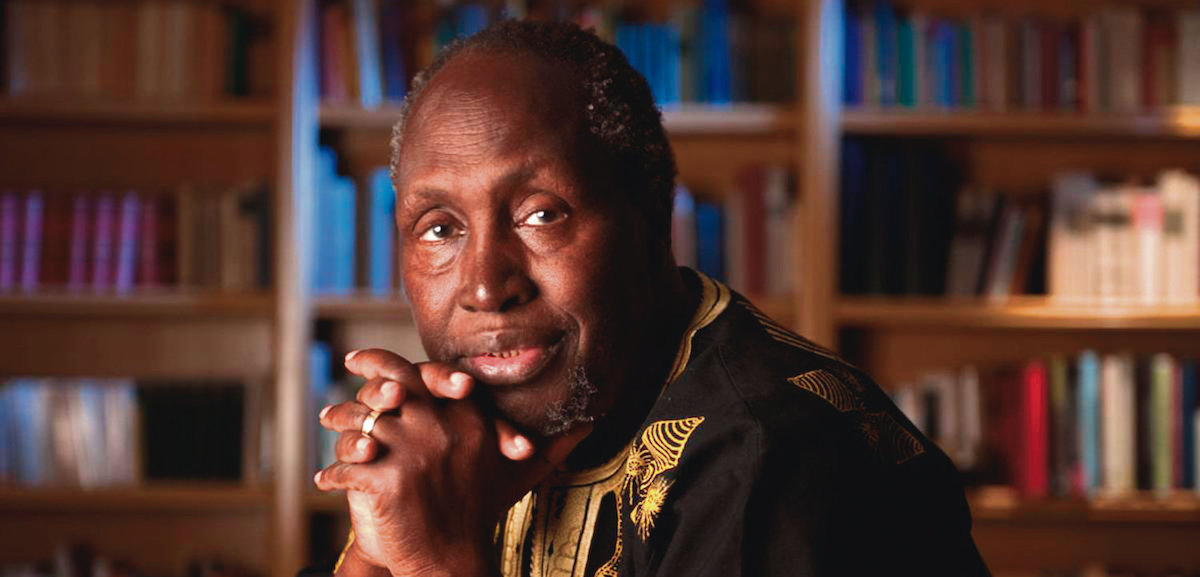
The 87-year-old literary giant was renowned for his internationally acclaimed novels and incisive political writings.
One of Africa’s greatest writers, intellectual thinkers and revolutionaries, Ngũgĩ wa Thiong’o, has passed away in Atlanta, USA.
“It is with a heavy heart that we announce the passing of our dad, Ngũgĩ Wa Thiong'o, this Wednesday morning, 28th May 2025. He lived a full life, fought a good fight. As was his last wish, let's celebrate his life and his work. Rĩa ratha na rĩa thũa. Tũrĩ aira!—a Gikuyu phrase loosely translating to “With joy and sorrow. We are proud," his daughter Wanjiku Wa Ngugi wrote on Facebook.
More To Read
- Five things you should know about Ngũgĩ wa Thiong'o, one of Africa’s greatest writers of all time
- Ngũgĩ wa Thiong'o: A legacy of literary greatness and unfulfilled Nobel Prize dream
- Kenya and world mourn literary icon Ngũgĩ wa Thiong’o, champion of African languages
- Butere Girls’ troubled performance at drama festival echoes Ngugi wa Thiong’o’s banned play
- US policies restricting academic freedom, author Mukoma Wa Ngugi says as he sues Trump
- Historic moment as Ngugi wa Thiong’o delivers speech in Gikuyu at UN conference
According to Wanjiku, more details will be announced soon, "The family's spokesperson, Nducu Wa Ngug,i will announce details of his celebration of life soon."
The 87-year-old literary giant was renowned for his internationally acclaimed novels and incisive political writings on imperialism, neocolonialism, and the decolonisation of the African mind and knowledge.
Beyond his literary achievements, Ngũgĩ was a passionate revolutionary who vehemently opposed successive Kenyan regimes and tirelessly fought for a truly independent and free Kenya.
Ngũgĩ, known for novels such as A Grain of Wheat, Petals of Blood, and Devil on the Cross, championed the use of African languages in literature and resisted colonial and neocolonial systems of oppression throughout his life.
Ngũgĩ, born James Ngugi on January 5, 1938, made profound contributions that spanned decades and reshaped the literary landscape far beyond Kenya’s borders.
Initially writing in English, Ngũgĩ made a bold shift to his native Gikuyu language, becoming a leading voice in the movement to reclaim African narratives from colonial influence. He championed the power of indigenous languages in literature, arguing that the soul of African storytelling could only be fully captured in native tongues.
Ngũgĩ was the founder and editor of Mũtĩiri, a Gikuyu-language literary journal. His short story The Upright Revolution: Or Why Humans Walk Upright has been translated into over 100 languages, an unprecedented feat that underscores the universal resonance of his work.
His fearless commitment to community-based theatre led to conflict with the authorities in 1977, when his co-authored play Ngaahika Ndeenda (with Ngũgĩ wa Mĩriĩ) was shut down by the Kenyan government. Arrested and held without trial for over a year, Ngũgĩ penned his novel Devil on the Cross on prison toilet paper. Amnesty International declared him a prisoner of conscience, and following his release, Ngũgĩ went into exile to continue his work and activism.
In academia, he held teaching positions at esteemed institutions such as Northwestern University, Yale, and New York University. He later became Distinguished Professor of Comparative Literature and English at the University of California, Irvine.
Although he never received the Nobel Prize in Literature, Ngũgĩ was often regarded as a frontrunner for the award. He garnered numerous international honours, including the International Nonno Prize in 2001 and the Park Kyong-ni Prize in 2016.
Ngũgĩ leaves behind an indelible mark on global literature and a family deeply embedded in the literary world, including his children, Mũkoma wa Ngũgĩ and Wanjiku wa Ngugi, both accomplished writers in their own right.
Top Stories Today
